I’m blessed to know Switzerland through my Swiss husband, family and friends. I love its hearty food, crisp white wines, rich history and breathtaking scenery. Here are my top Swiss travel tips.
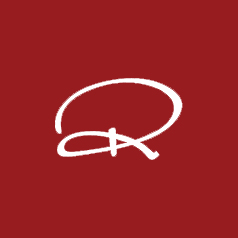
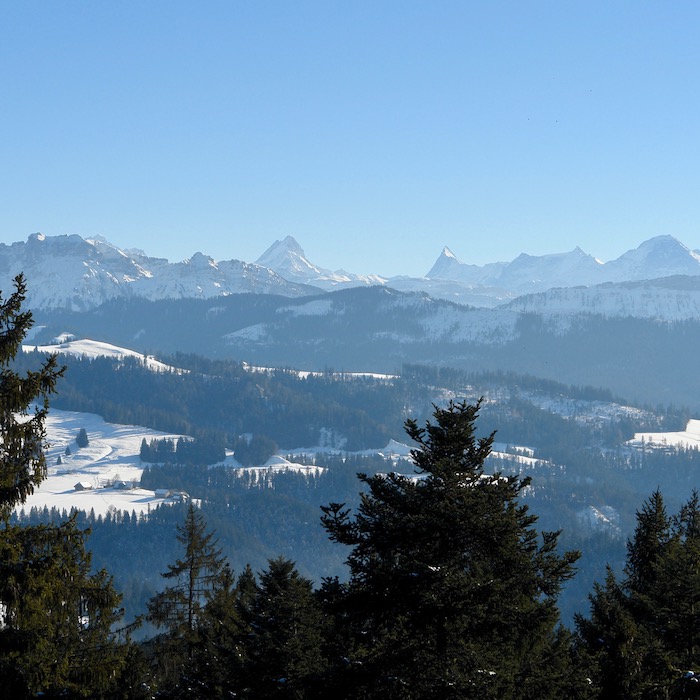

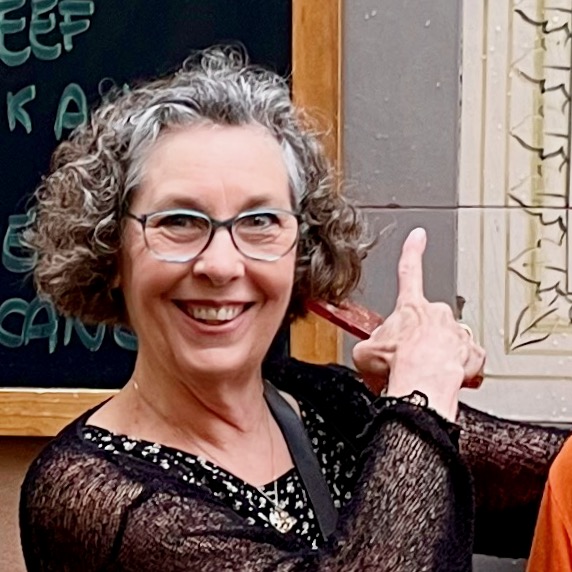
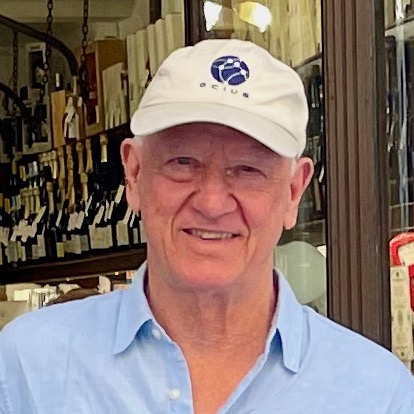
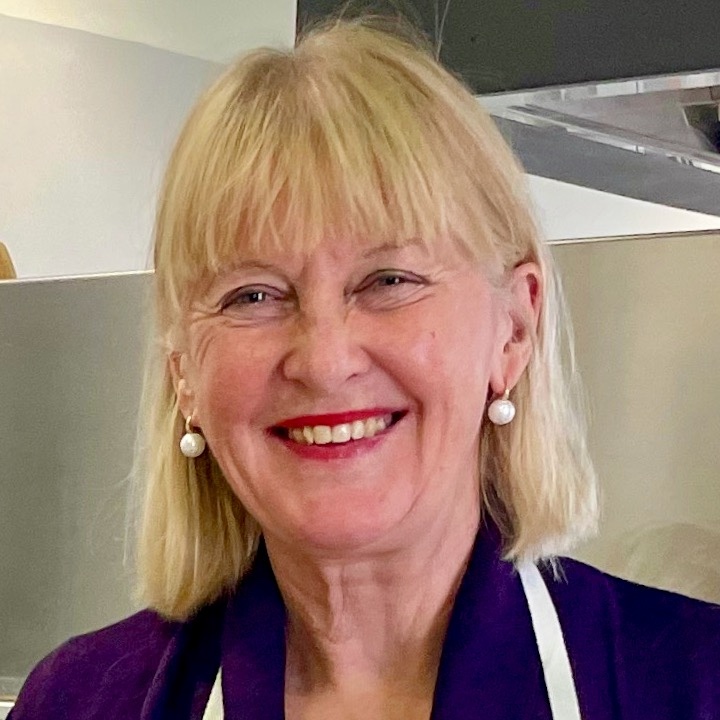

Switzerland is an expensive country by most standards and food is not cheap, even in casual restaurants.
The good news is that Swiss portions are generally quite large so you’ll rarely need 3 courses, or even 2. For small appetites, a starter may be sufficient.
If you’re travelling on a tight budget, consider sharing dishes, especially starters and desserts.
Look out for landgasthofs, casual restaurants similar to pubs (hotels), which generally serve good quality regional dishes in generous portions at relatively good prices.
Yes, Switzerland makes very good wine, though very little of it is exported (around 1%) as the Swiss drink it all themselves. You’ll be able to sample Swiss wine relatively inexpensively in any Swiss restaurant. Every venue will offer some local wines by the glass or carafe. A standard glass of wine in Switzerland is 100ml and a carafe can be ordered in any size you like in increments of 100ml.
The way people say ‘cheers’ in Switzerland varies from canton to canton. You’ll hear cheers, prost, zum wohl, santé and salute. However you say it, it’s important to clink glasses with every person at the table and look them in the eyes while doing so. To make ‘cheers’ without looking someone in the eyes is considered rude.
Swiss coffee is served with ‘café creme’. Like half-and-half, it is richer than normal full cream milk and less-rich than single cream. You can request regular milk if that’s your preference. In dairy-rich Switzerland, milk alternatives (soy milk etc…) may not always be available.
Most of Switzerland has cold winters and mild summers. So when is the best time to travel in Switzerland depends largely on what you want to do there. It is possible to ski in Switzerland year round, but obviously winter is the best time for snow sports. Summer, late spring and early autumn are the best time for hiking, another very popular Swiss pastime. Switzerland has wonderful seasonal produce, like wild garlic (bärlauch) and morels in spring and other wild mushrooms and game in autumn. And Christmas in Switzerland is magical. So plan your Swiss trip around your favourite foods and activities.
Swiss rail is legendary for its punctuality and efficiency. Trains are clean and comfortable with toilets, charging ports and often food available. A Swiss rail pass can be a cost-effective way to travel if you’re in Switzerland for a week or more.
If you want to be completely independent – and are confident driving on the righthand side of the road – a hire car is a great way to see Switzerland. A small car is best for negotiating the narrow streets of small ancient towns and villages and for easy parking.
There are no toll stops in efficient Switzerland, all cars are required to have a motorway toll sticker (called a vignette). You can buy a vignette at the border if driving in from another country. If hiring a car in Switzerland check that it comes with a vignette.
Don’t speed in Switzerland. Unlike some countries which have signs warning you when your speed is being checked, Switzerland does not. Speeding is heavily policed, so assume your speed is always being monitored and don’t exceed the speed limit or it can be very expensive.
Swiss tend to dress neatly and conservatively even on casual occasions.
To avoid looking like a tourist in Switzerland, don’t wear flip-flop (thongs); wear clean, smart-casual clothes that aren’t wrinkled; and don’t carry an obvious bum bag/fanny pack.
In good restaurants, jackets are often worn by gentlemen of an evening, with or without a tie.
When visiting churches, especially in Catholic cantons, ensure your shoulders and knees are covered as a sign of respect.
Remember it can turn chilly of an evening or at altitude, so always have something warm handy.
Switzerland has four official languages: German, French, Italian and Romansch (which is derived from Latin and sounds a little like Italian). Italian and Romansch are only spoken in a couple of cantons that border Italy (Ticino and Graubünden, respectively). The rest of the cantons speak German or French – and several speak both. While German is an official language, people in most of the German-speaking cantons talk among themselves in Swiss German, which sounds quite different and varies from canton to canton. Most Swiss are at least bilingual, and many speak English, though you shouldn’t assume they will.
Swiss tend to greet everyone when they walk in and out of an establishment, or even pass each other on a walk. In the German-speaking cantons this will be ‘gruessech’ or ‘gruezi’ on arrival and ‘wiederluege’ when leaving, often followed by ‘mitenand’ (everyone) when addressing more than one person. Bonjour and au revoir are typical in the French-speaking cantons.




